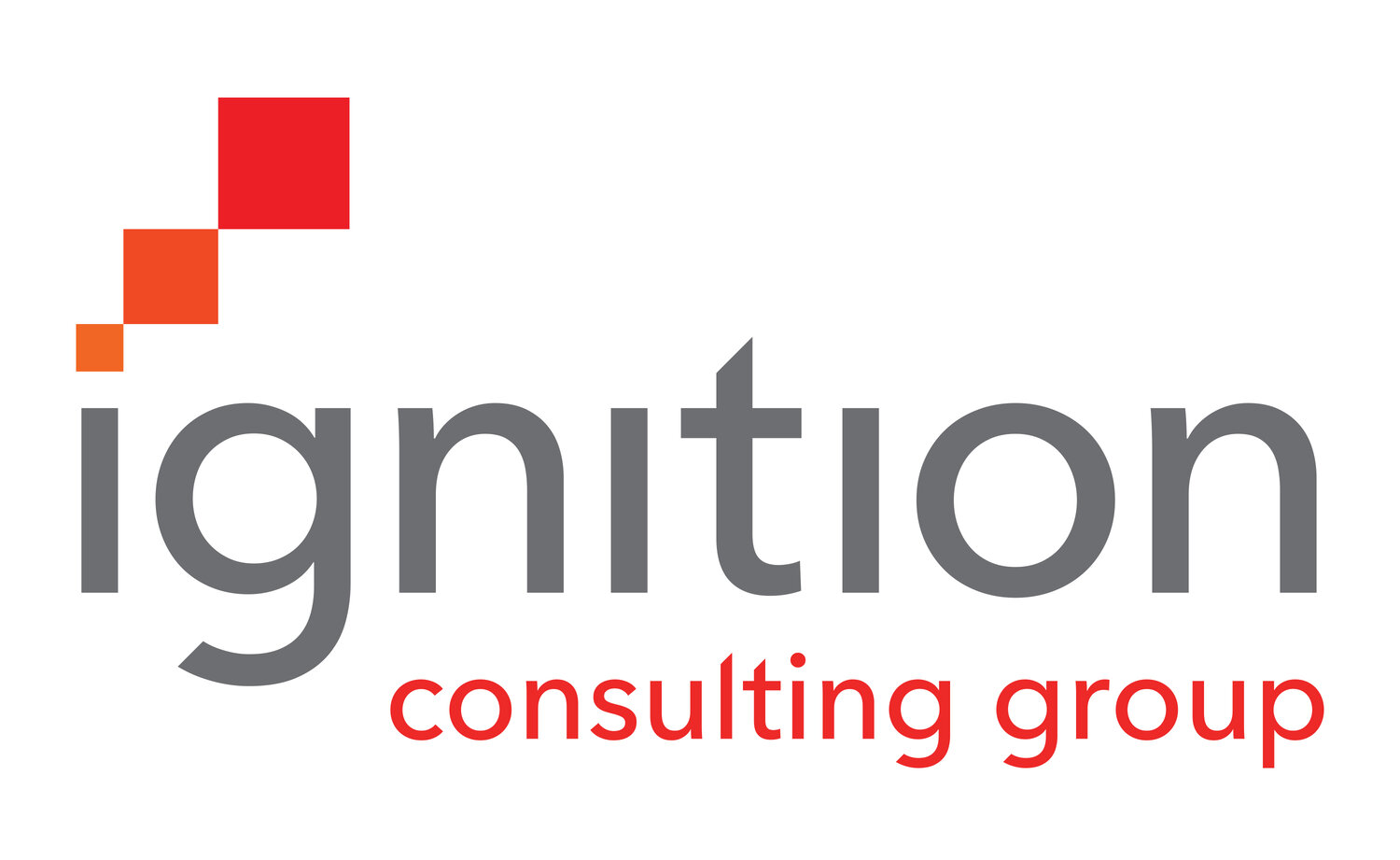If You’re Still Billing by the Hour, Your Revenues Are About to Take a Nosedive
By Tim Williams
Assuming your firm still follows the practice of billing for time, you can run the calculations that will chart the eventual demise of your revenue model. If you’re like most firms, Generative Artificial Intelligence currently shaves somewhere between 20 and 30 percent off the time it takes to deliver work to your clients. What do you think that figure will be next year, or five years from now?
Sam Altman, founder of OpenAI, predicts that 95 percent of what agencies do will be done better, faster and cheaper by AI. Consider what kind of revenue stream will you have when time-tracking humans are doing only 5 or 10 percent of the work. Even the most hard-core defenders of hourly billing can see this compensation model is wholly unsustainable in the world of the AI-optimized agency.
The illusion of selling time
There is a solution to this dilemma, but it requires agency professionals to remove the blinders that have them trapped in the illusion that they are selling time, efforts and activities to their clients. That’s not what clients buy; they buy solutions to their business problems. So the way to capture the value you create for your clients is to stop charging for the cost of your services and start charging for the value of your solutions.
Unfortunately, agencies have done an effective job over the years convincing clients they should pay for the agency’s efforts (time) instead of deliverables or results, so some client re-education is required. But let’s all face the fact that this re-education is no longer optional; it’s mandatory. There is simply no way to monetize the value of AI within the framework of hourly billing.
Starting yesterday, agencies must stop charging for inputs (time) and start charging for outputs and/or outcomes. Every firm of every size can make this change much easier than they think. Instead of a chart of hourly rates, develop a chart of deliverables — a “pricing guide” that indicates the price (value) of every deliverable your agency produces, and base your pricing on the work or solution delivered instead of the hours worked.
A genuine win-win
Begin by explaining to your clients that your firm is moving to an output-based compensation model; that hourly rates no longer play a role in how your firm is compensated. In this light, it should be of no consequence to your clients that AI-powered tools are helping you create and produce your work. Again, they’re buying the outputs, not the inputs. So as AI helps you deliver your work faster and better, both parties benefit. Your clients get better quality work faster and the agency incurs lower costs — a win/win.
Even if clients insist on slightly lower pricing (because they assume AI lowers the costs of your human capital), agencies can provide lower prices and still make a healthy margin on their work. In fact, agencies should be able to earn a much higher profit, even if they agree to lower prices, because AI is such a powerful force multiplier.
It’s not inevitable that agency revenues will decline, because as AI continues to enable faster work, clients are assigning higher volumes of work to their agency partners. The result can be the best of both worlds: higher revenues from a higher volume of work, and stronger margins because AI is such an efficient virtual knowledge worker.
Avoiding the Great Extinction
What’s true for agencies is true for the entire professional services business; indeed, the white-collar business world in general. Venture capitalist Ethan Batraski foresees a “great extinction” over the next 18 to 24 months where AI will wipe out $20 trillion of value from the professional services industry. Anthropic CEO Dario Amodei believes “AI will eliminate 50% of all entry level white collar jobs within one to five years.”
Of course, AI will change and extinguish jobs. But first and foremost, AI will change business models. As Conor Grennan points out in his excellent newsletter AI Mindset, the question we should be asking isn’t “Will AI eliminate my job?” but rather “How is AI changing the business I’m in?” The smartest among us will be able to adapt effectively and continue to add value. As a knowledge worker, your job security isn’t about avoiding AI. It’s about positioning yourself in the parts of your business that become more valuable when AI is involved.
Says Grennan, “When calculators eliminated human computers, we didn’t need fewer mathematicians. We needed more people who could think strategically about what to calculate.” In other words, the point and potential of GenAI isn’t to replace knowledge workers, but to enable us to explore and create solutions that no one had ever conceived of before. AI is nothing short of a professional services Prometheus.


